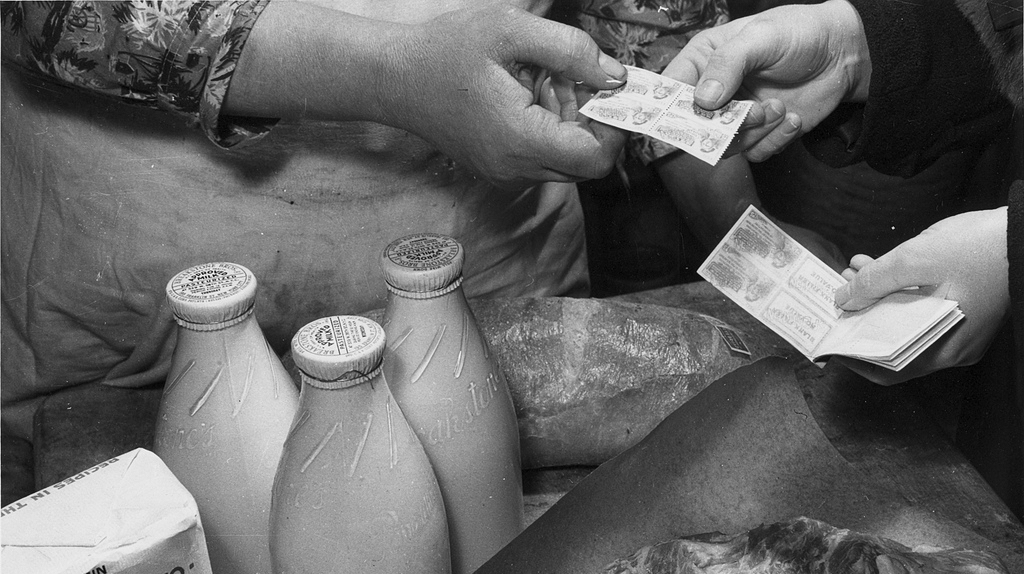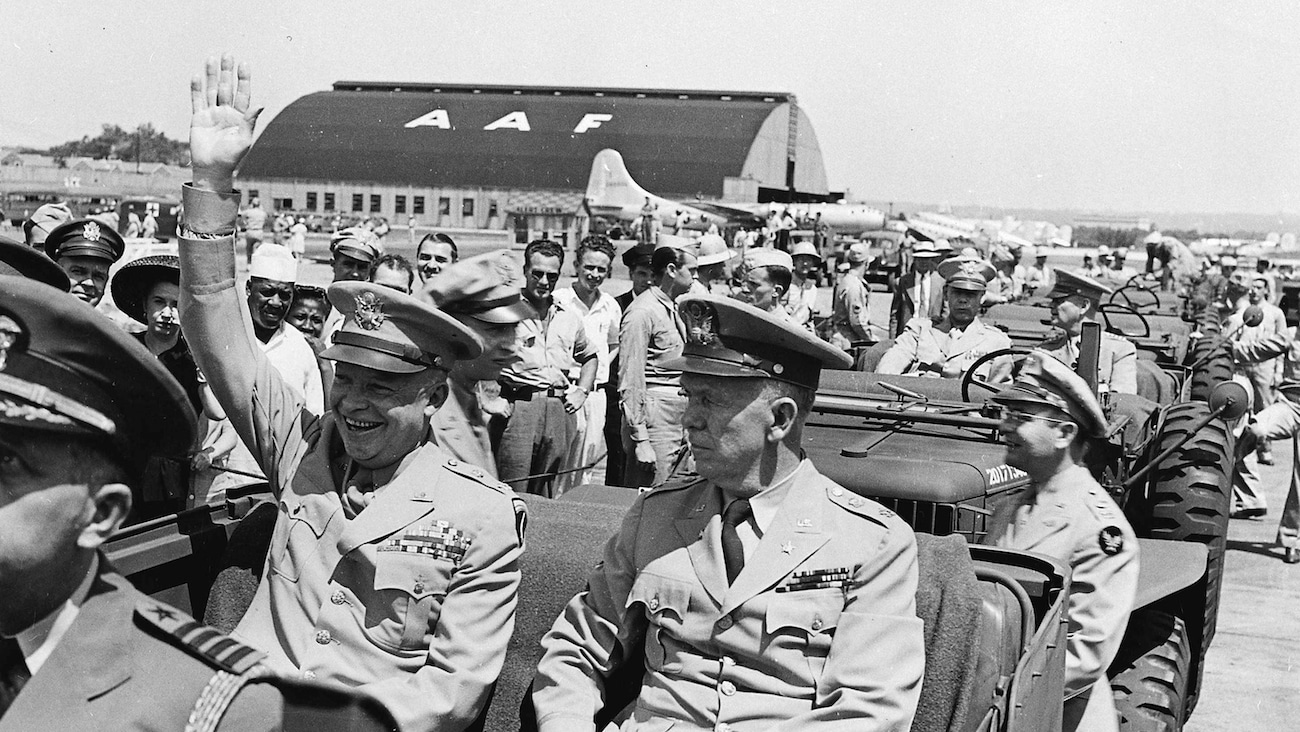For those who lived through the Great Depression, they were forever changed. Of the many recollections provided about that era at Brainy Quote, these three sum up what it was like growing up during the 1930s.
My parents were children during the Great Depression of the 1930s, and it scarred them. Especially my father, who saw destitution in his Brooklyn, New York neighborhood; adults standing in so called ‘bread lines,’ children begging in the streets. —Bill O’Reilly
My parents, products of the Great Depression, were successful people, but lived in a state of constant fear that my sister and I, and they, would sink into the kind of economic insecurity that their generation knew so well. —Ben Stein
Your grandparents came of age in the Great Depression, when everyday life was about deprivation and sacrifice, when the economic conditions of the time were so grave and so unrelenting it would have been easy enough for the American dream to fade away. –Tom Brokaw
By today’s standards, the meals concocted during the Great Depression would be uneatable. I can still recall the meals my mother made during the war and marveled at her ingenuity. When food is limited, you do what it takes to survive. Today, we eat sushi, crab cakes, Thai food, oysters, marinated steak bits, lobster tails, etc. When money is no object, our pallet can be expanded to cover just about anything.
I wonder how long some of the people I know would last in a depressed economy. How many kids would survive by eating what was put before them? More hash and stew was served between 1930 and 1945 than we will ever imagine. People ate a lot of potatoes as meat was scarce. There was no such thing as leftovers. Nothing was ever thrown out.
During the Great Depression, there was no such thing as fast food. There were also no microwaves or stand-alone freezers or convection ovens. Many “ice boxes” were exactly that – a refrigerator with a block of ice on the top to cool the small area below it. Food was purchased more often as storage was limited. Large supermarkets were unheard of. Many meat markets sold live chickens, fish, and small portions of meat. The Depression was bad enough but when World War II came along rationing started. In order to get bacon, you had to surrender a coupon with your money. No coupon, no bacon. Small markets were everywhere as people walked to buy their food. Gas and tires were mostly unavailable. The last car was built in early 1942 as the auto plants were converted to munitions factories.
The events of the 1930s and 1940s left a lasting impression on those that lived through it. The term “depressionitis” was coined after the 1930s as people found it hard to spend money, hoarding what little they had, and fearing that tomorrow could be worse than today. While poverty exists today and men, women, and children do go hungry, their poverty is nothing like that experienced during the Great Depression.
Today, perhaps we have it too good. There is an old saying that “history repeats itself because people forget.” And while not wishing for another Great Depression, it can be said that tough times made for tough people. While the Depression era was a tragedy for many, those who lived through it emerged better for the experience. They saved more. They prayed more. They were more grateful for what they had.
Is it possible that too much prosperity damages the moral fiber of people?






